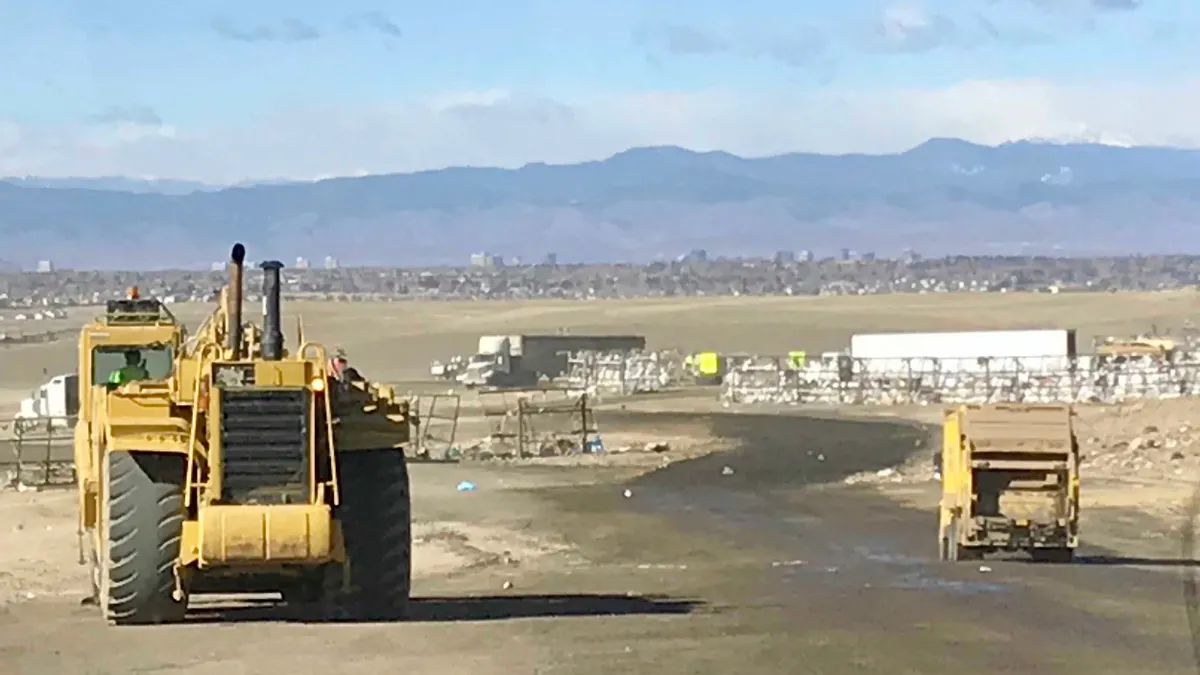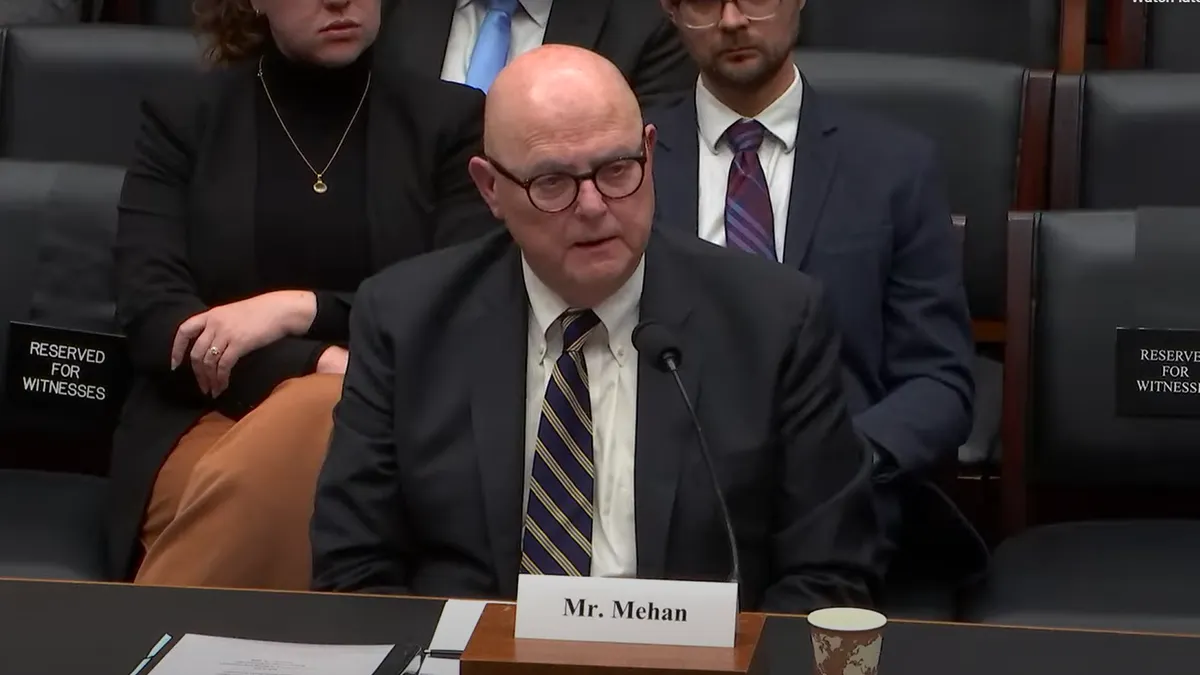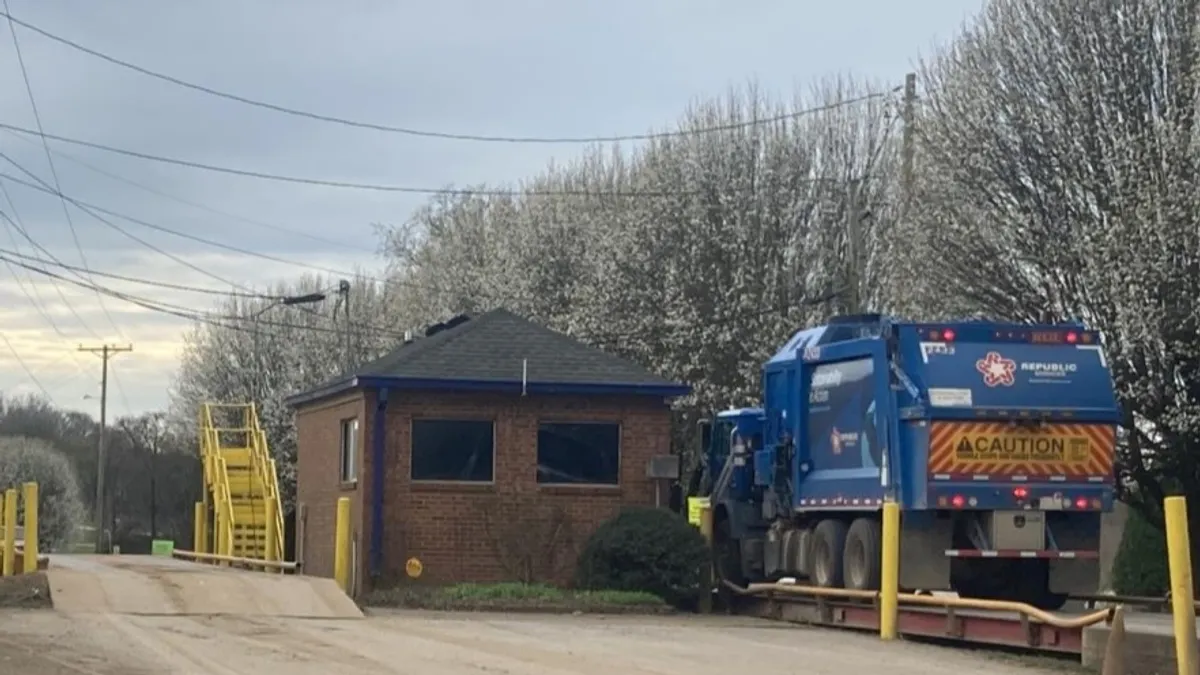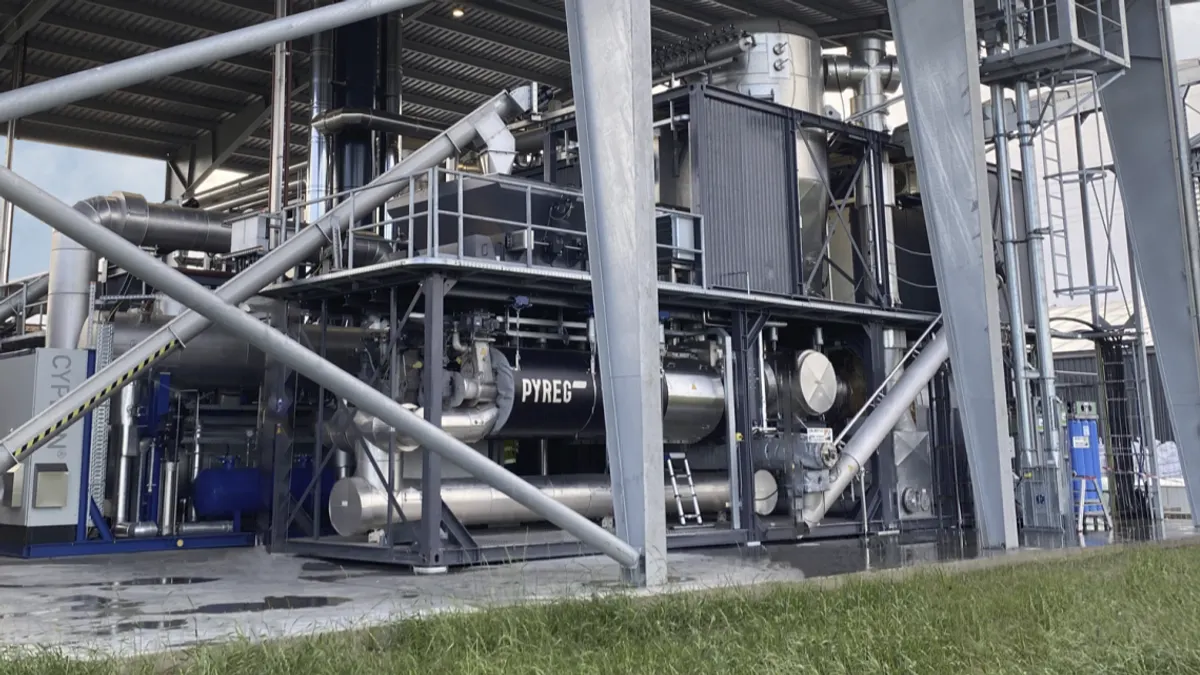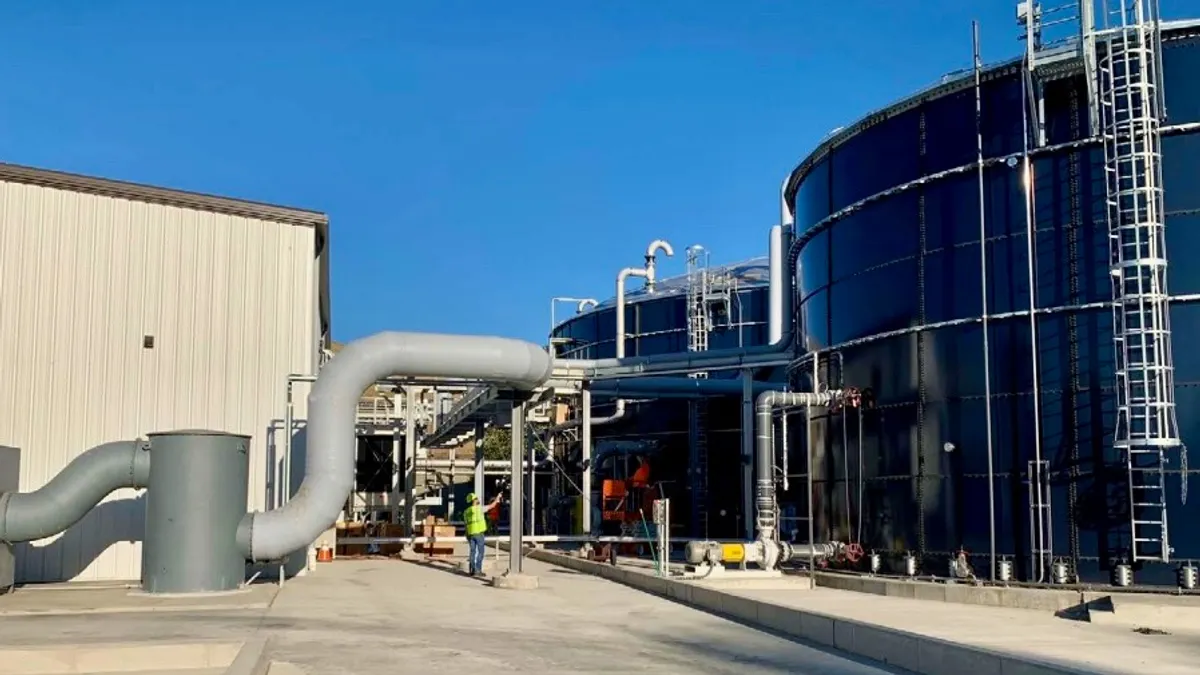Across the world, industry leaders, educators, and even parents are making an effort to teach children and teenagers how to be sustainable at an impressionable age. Whether they're learning the benefits of a compost system or reimagining trash as beautiful instruments, the future leaders of the world will have a better understanding of how to keep the Earth clean due to educational efforts that are being put into practice.
From the cafeterias of Maple Shade, NJ, to the landfills of Paraguay, the youth of both North and South America are being taught important lessons about recycling and sustainability — all while an overwhelming amount of waste begin to build up around the globe.
Turning food waste into lifelong sustainability habits
In New Jersey, a state government program recently gave Maple Shade School District a $10,000 Sustainable Jersey grant to start a food recycling project in the K-12 school system. The Sustainable Jersey Small Grants Program is awarding funds for sustainability projects, and the district’s new food recycling effort fits that focus.
The program is aimed at lowering the volume of school food sent to landfills, which will be achieved by recycling food waste from the school system into a compost system. Students will be taught about compostable food and will be encouraged to recycle such food waste by way of collection containers at lunchtime. The lessons will teach children and young adults sustainability practices that will hopefully become habitual as they grow older.
Maple Shade’s food recycling program will start in the upcoming 2015-2016 school year, said Maple Shade Deputy Mayor Lou Manchello.
"The younger you get to a child, it becomes routine or ingrained in them," Manchello said. "Once you start this kind of practice with the younger kids, I believe they carry it through life."
Waste collected from Maple Shade School District will come from both the cafeteria kitchen and from leftover food on trays. The food waste can then be put to various uses, including being transformed into high-nutrient compost and fertilizer, and also used as a fuel to create energy.
“That’s our mission as a Sustainable Jersey town— to encourage sustainable practices,” Manchello said. “It saves money for the township, saves the life of the landfill, and reuses that food waste.”
As a Sustainable Jersey town, Maple Shade has a so-called “Green Team” committee that leads efforts to pursue sustainable practices. Additionally, Maple Shade is able to apply for grants, such as the one given for the food waste program.
“If everyone composted food waste, you’re taking out 40% of what is sent to a landfill. And we are running out of landfill space,” Manchello said.
In addition to keeping unnecessary waste out of today’s landfills, Manchello said that the lessons will pay off in the long run, especially with the youngest, most impressionable students.
“They’ll just pick that up and take it home, take it with them for life. And this is for them, it’s meant to improve the environment for future generations,” he said.
Chuck Kauffman, president of Maple Shade's school board, said that the District's food waste receptacle will be located near other recycling containers in the cafeterias of all four schools. Both students and workers will be able to place their food waste in the 50-gallon food waste receptacle.
Maple Shade investigated how a food waste capture system works in two neighboring school districts, and toured the nearby Evesham School District schools to see how they collected their food waste, prior to applying for the grant money.
To prepare district workers for the program's start next year, the contractor who will be picking up the food waste will come to Maple Shade and spend a few in-service days this summer to teach cafeteria workers and others how the collection works. The district has 2,200 students in a community of about 20,000 people, which Kauffman called "a blue collar town."
"The food waste program could save us money in the long run," Kauffman said. "It's a way to teach sustainability to kids. We hope they absorb this stuff."
Landfill trash reborn as musical masterpieces
While many North American parents and teachers are reminding children that not thinking wisely about waste can be costly to the environment and society, a group in South America has found a way to teach students that re-imagining garbage can be both artful and life-changing.
"Trash can change lives," said Maestro Louis Szaran, the director of Sonidos de la Tierra in Paraguay. It’s a simple thought, until one considers what the maestro is achieving with his Landfill Harmonic program, which uses trash to create musical instruments that are given to poor children to learn to play.
"For me, music is the smile of the soul," Szaran said of his idea, which has borne fruit in many talented student-musicians.
He leads an educational effort that teaches some of his country’s poorest children to play violin, clarinet, flute, and other traditional orchestral instruments, all fashioned out of trash. Oil can-bodied violins, clarinets made of metal tubing, spoons, and buttons, and a flute fashioned of metal tubing, cutlery, and coins are some of the many instruments created by one local trash salvager who was tasked with making cheap, usable musical instruments for the students.
These creations sound surprisingly close to store-bought instruments upon which most young musicians scratch out or toot out their first notes. Hearing a chamber ensemble of these students playing Mozart’s Eine Kleine Nachtmusik or some other well-worn classical piece feeds both the eyes and ears, as listeners naturally inspect the instruments the students play, many of them crafted from old cans hammered into resonant shapes.
These first instruments created for the creative Paraguayan students were crafted by local man named Colá, whose family makes a living by re-selling trash that still has value. "Our family recycles everything we can from trash," he said.
After being given an actual violin as a model, Colá made calculations and looked for an old aluminum can, which he crafted into a violin.
"When we saw that, we laughed like crazy, it seemed like a joke," Szaran said. "But a professor tried it and we realized it worked."
Then, somewhere between the efforts of an articulate maestro, a trash artist, and a group of eager students, magic began to happen.
"We believe we are conveying a dream when we play with the recycled instruments," Szaran said. "Playing melodies made out of trash that move people's hearts...[it] turns the key that unlocks the deepest feelings in children and young kids, [who] begin to re-evaluate their own lives in which they have it all."





